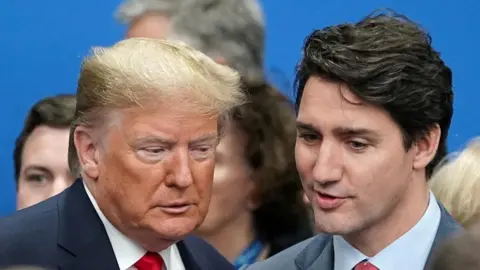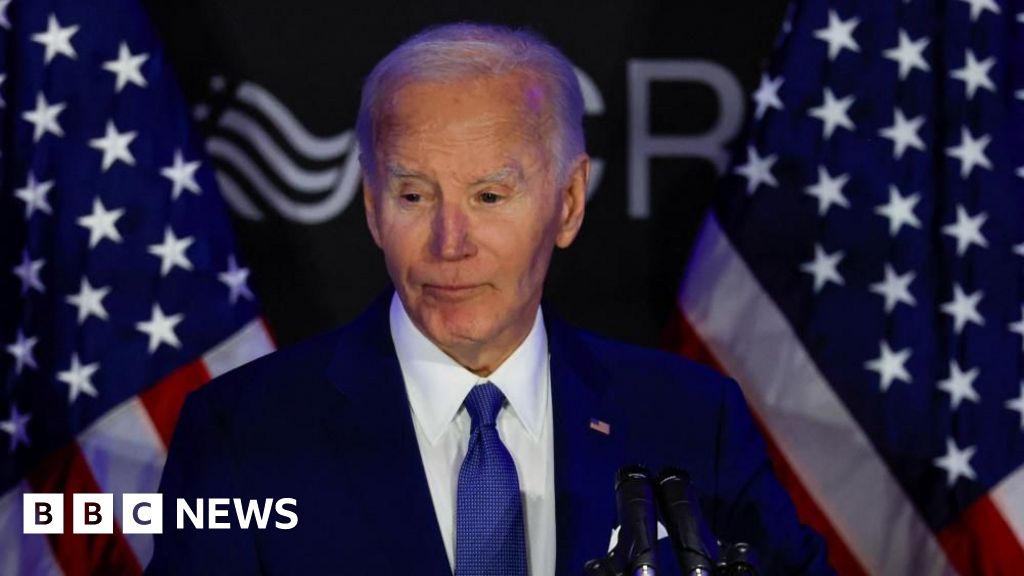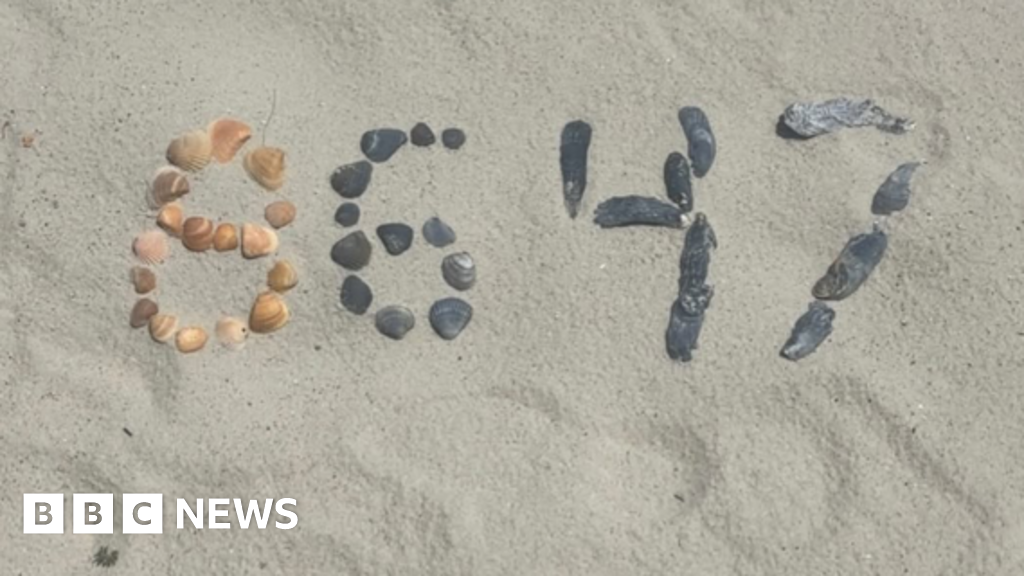ARTICLE AD BOX

 Reuters
Reuters
Trump and Trudeau in 2019
Few nations are as closely tied as the US and Canada. The two share the world's longest land border and a trade relationship worth more than a trillion dollars.
Justin Trudeau, the Canadian Prime Minister, was quick to congratulate President-elect Donald Trump on his election victory.
But there is no doubt their relationship has been rocky and there are challenges on the horizon.
Here are the ways Trump's win could affect America's northern neighbour.
Ottawa and DC's personal ties
On Wednesday morning, Canadian political leaders were cautiously laudatory about Trump's win.
Trudeau congratulated "Donald" on the decisive victory, saying he was looking forward to working with him.
"The world is actually more difficult and more complicated than it was four years ago and I know there's lots of work for us to do," he said.
Trump and Trudeau have been counterparts before, notably successfully renegotiating, along with Mexico, the USMCA - the North American trade pact.
But the pair have had strained moments - Trump has referred to Trudeau as a "far-left lunatic" and "two-faced", while Trudeau once appeared to mock Trump at a meeting of Nato leaders in 2019.
It is also possible that Canada could get a new prime minister and government altogether, with Trudeau facing a possible snap election while his Liberal Party trails badly in the polls.
This could complicate the process of forging a renewed, strong relationship with the incoming Trump administration - at least in the short-term, said Louise Blais, a former Canadian diplomat.
"It's not an ideal situation to find ourselves politically at the moment," she said.
Deputy Prime Minister Chrystia Freeland said on Wednesday that she knew "a lot of Canadians are feeling unsettled today".
But she touted "enduring relationships - I would even say even friendships" that Canadian officials have with their US counterparts.
"Canada will be prosperous, Canadians will be safe and our sovereign identity will be secure as we work with this newly elected administration," she said.
Trade troubles
Canada and the US have a deeply entwined economic and trade relationship.
Canada exports 75% of its goods and services to the US - and Trump's promise of blanket 10% tariffs could significantly affect its economy.
"I do worry about what an across-the-board tariff would actually look like," said Trevor Tombe, a Canadian economist with the University of Calgary.
"This is where details are really important - and we unfortunately don't have details for what these tariffs would actually look like."
In July, the Business Development Bank of Canada estimated the move could subtract $7bn from Canada's GDP in the year it is implemented - mainly from a drop in business investment - and drive down the Canadian dollar.
Mr Tombe warned that Canada's economic growth is already slowing and in a poor position to absorb shocks.
Also in question is the future of USMCA. The three trade partners will decide in 2026 whether to extend the pact for another 16 years.
John Dickerman, a US-based policy adviser for the Business Council of Canada, said Canada could lean on its previous experience renegotiating that trilateral deal six years ago to meet the challenge.
He said Canada should be consistent in its messaging on the issue, "reminding Americans that this deal has been good for them".
Analysts say that Canada may have to make some concessions as it tries to navigate this new relationship.
Among them is working out how to address policies already unpopular with the US - such as Canada's new Digital Services Tax - a 3% tax on major foreign digital services companies like Google and Amazon.
"The previous Trump administration took a really aggressive view on the Digital Services Tax," said Dickerman. "I wouldn't expect that to change. If anything, I expect it to amplify a little bit."
Freeland, the deputy PM, addressed some of these concerns on Wednesday.
She said that Canada being the single biggest export market for the US gives the country "leverage" in future negotiations.
A 'fair share' on defence
Canada has long been seen as a laggard among allies on Nato and defence spending. Trump is expected to place the most pressure on his northern neighbour.
Trudeau has said his country will reach the alliance's minimum target of spending 2% of GDP on defence by 2032, up from the current 1.29%.
In an interview with CTV News Kelly Craft, the former US ambassador to Canada under the first Trump administration said that timeline was "not good enough".
"Donald Trump, when he says he expects people to pay their fair share, they will."
Ms Blais said Canada has to "get creative" to accelerate the timeline, including leaning on its rich supply of critical minerals for defence purposes.
"We don't have huge fiscal wiggle room," she said. "But at the same time, I think we can show a little more commitment."
A plan to secure the border
Trump's threat of mass deportations has raised questions in Canada about what it means for the shared northern border.
Terri Givens, a professor of political science at the University of British Columbia, said even if that threat was not enacted, there was "an issue of perception" that could drive people to cross the Canadian border.
In 2017, thousands of people began entering Canada via Roxham Road - an unofficial access point on the New York-Quebec border - to seek asylum.
The reasons that drove them were diverse, but many cited both concerns of their ability to stay in the US under the first Trump presidency and the belief that they would be welcomed in Canada.
Canada and the US have since closed a loophole in a border pact that allowed people to cross at unofficial border points - but US figures suggest people are still trying to make the attempt.
Asked about the concern, Freeland said there was a plan in place.
"I do want to assure Canadians that we absolutely do recognise the importance of border security and control of the border," she said.
Solving any potential issue will take close collaboration between Canadian and US officials. The 5,525 miles (8,891km) border is undefended.
"How do you actually enforce that border?" said Julie Young, the Canada Research Chair in Critical Border Studies and an assistant professor at the University of Lethbridge.



 6 months ago
22
6 months ago
22








 English (US) ·
English (US) ·